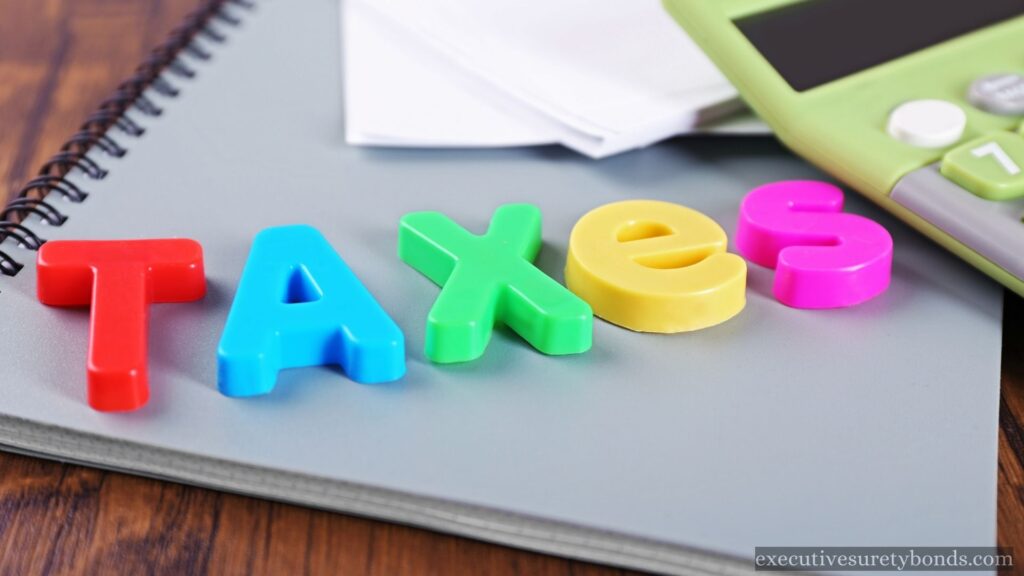Get An Instant Quote on Nevada Liquor Excise Tax Performance Under Title 32 Bond Now
Introduction
Nevada, like many other states, imposes excise taxes on alcoholic beverages to regulate the sale and distribution of alcohol, generate revenue, and discourage excessive consumption. Under Title 32 of the Nevada Revised Statutes, certain businesses involved in the production, distribution, and sale of alcohol are required to obtain a Liquor Excise Tax Performance Bond. In this article, we will delve into the significance of this bond, its role in the regulation of the alcohol industry, and how it benefits both the state and businesses.
Understanding the Liquor Excise Tax Performance Bond
The Liquor Excise Tax Performance Bond, often simply referred to as the Liquor Bond, is a financial guarantee required by the Nevada Department of Taxation. This bond serves multiple purposes in the state’s alcohol regulation framework.
Ensuring Tax Compliance
One of the primary functions of the Liquor Bond is to ensure that businesses involved in the alcohol industry comply with their tax obligations. It acts as a financial security net for the state, guaranteeing that excise taxes on alcohol will be paid promptly and in full. This is crucial to fund various public services and initiatives in Nevada.
Protecting Consumers and Competitors
The Liquor Bond also plays a vital role in protecting consumers and promoting fair competition within the alcohol industry. It assures that businesses do not engage in fraudulent or unethical practices that could harm consumers or create an unfair advantage in the market. This includes ensuring that alcohol products are accurately labeled, prices are correctly reported, and tax payments are made as required by law.
Enforcing Industry Standards
Another important aspect of the Liquor Bond is its role in enforcing industry standards. By requiring businesses to obtain this bond, the state establishes a level of accountability within the alcohol industry. This helps maintain the integrity of the market, protect public health and safety, and prevent the sale of counterfeit or substandard alcohol products.
Conclusion
The Liquor Excise Tax Performance Bond, mandated by Title 32 of the Nevada Revised Statutes, is a vital component of the state’s alcohol regulation framework. It serves to ensure tax compliance, protect consumers, promote fair competition, and enforce industry standards. By requiring businesses in the alcohol industry to obtain this bond, Nevada safeguards its fiscal health, upholds ethical business practices, and maintains the quality and safety of alcoholic beverages sold within its borders. Ultimately, the Liquor Bond benefits both the state and the businesses it regulates, contributing to the responsible and accountable operation of the alcohol industry in Nevada.
Frequently Asked Questions
Can a Business Qualify for Reduced Bond Amounts Under Certain Circumstances?
Uncommonly known, some businesses in Nevada may qualify for reduced bond amounts under specific circumstances. For example, a business that has demonstrated a history of responsible tax compliance and financial stability may petition the Nevada Department of Taxation for a reduced bond requirement. This can significantly reduce the financial burden on businesses and encourage them to maintain a clean tax record.
What Happens If a Business Fails to Obtain or Maintain the Required Liquor Bond?
While it’s relatively well-known that businesses in the alcohol industry need the Liquor Excise Tax Performance Bond, less known is the potential consequence of failing to obtain or maintain this bond. If a business operates without the required bond or allows it to lapse, it can face serious penalties, including fines, license suspension, or revocation. Additionally, the business may become ineligible for participation in certain industry-related events or programs.
Is There Flexibility in Bond Renewal Timelines?
In some cases, there may be flexibility in bond renewal timelines for businesses subject to the Liquor Bond requirement. While the bond must typically be renewed annually, businesses may be eligible for alternative renewal schedules based on their compliance history and the volume of excise taxes they handle. These alternative schedules can help businesses better manage their financial obligations and reduce administrative burdens.


